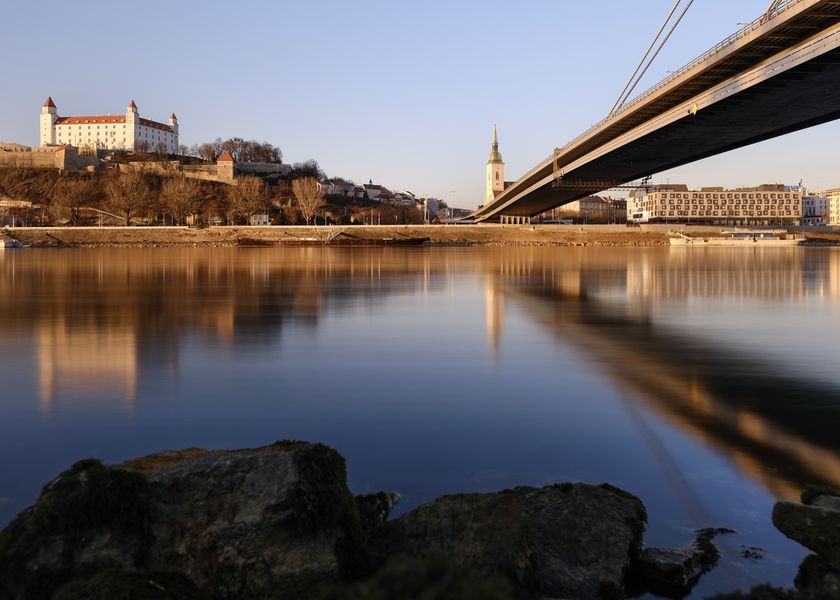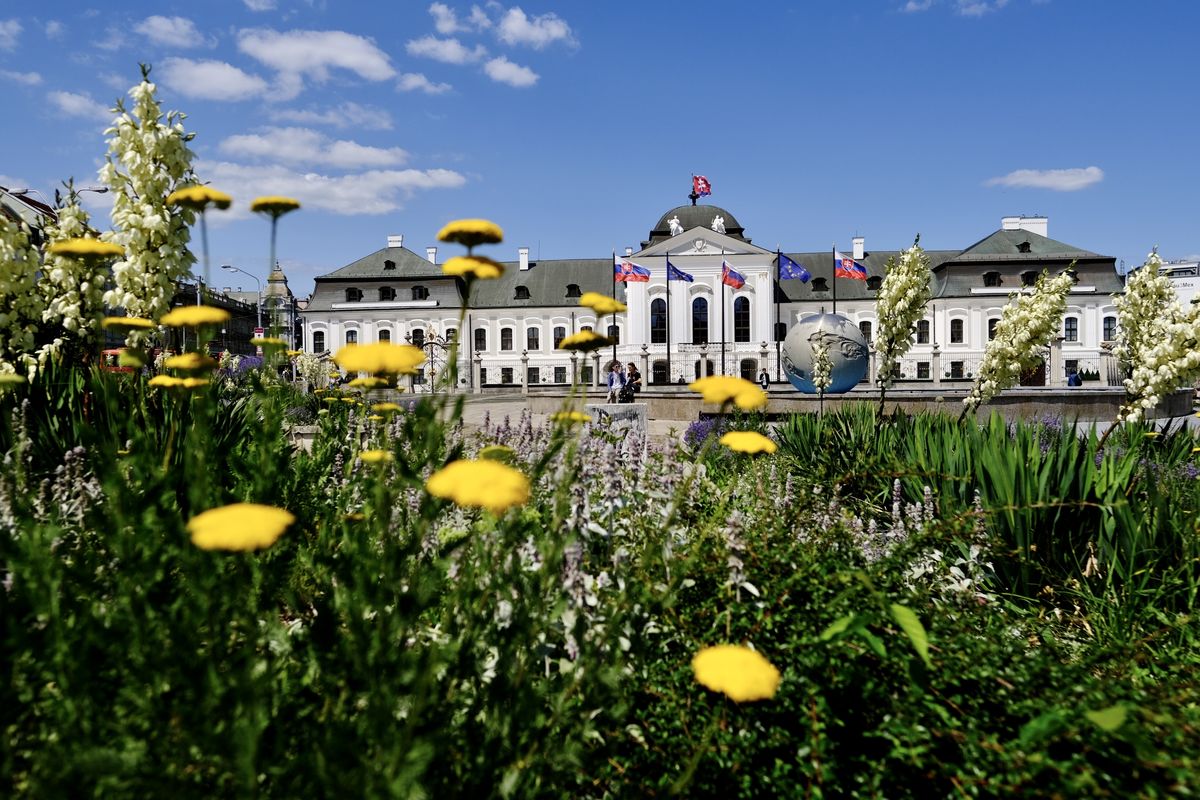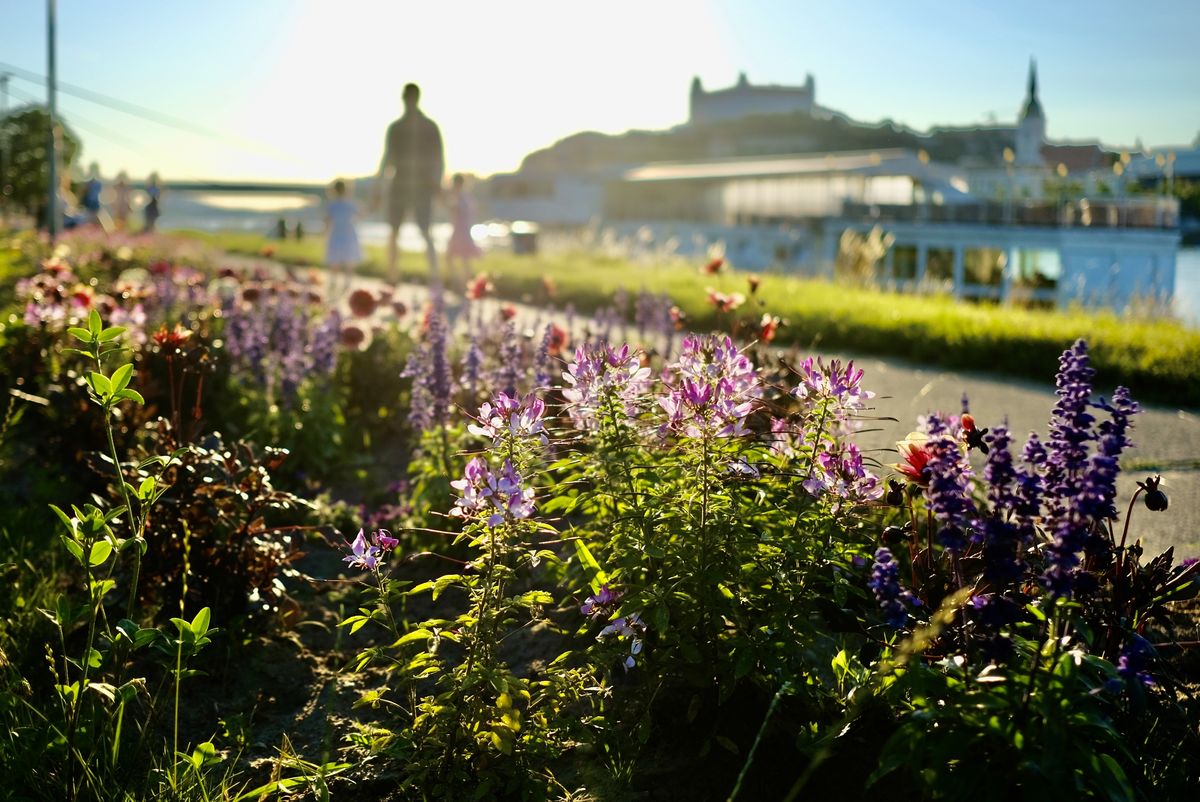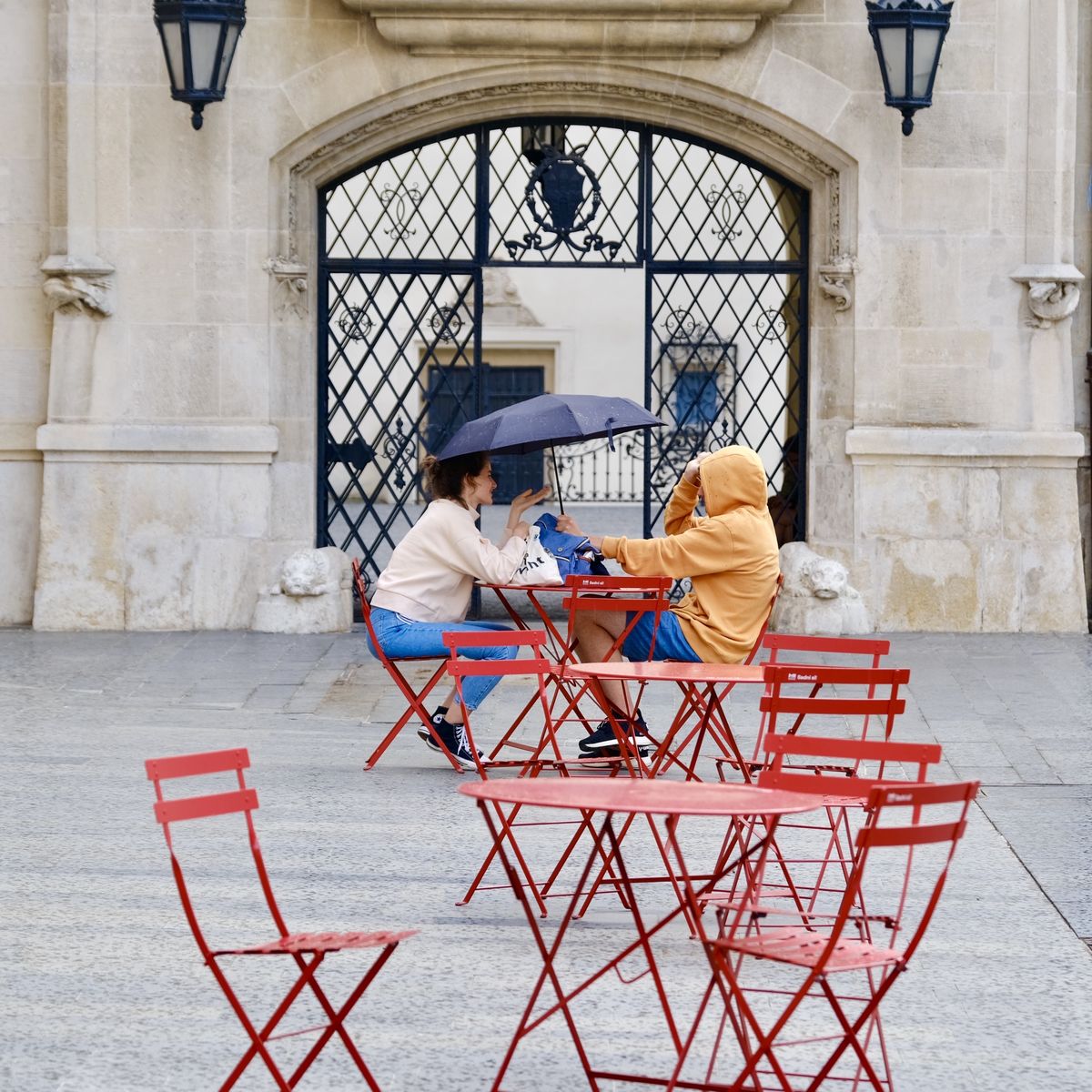Bratislava

Bratislava, as the capital city of Slovakia, is considered the economic, political, education and social hub of the country. The city has been a magnet for students, researchers and high-skilled workers thanks to its extensive academic and business infrastructure. Bratislava focuses its efforts on improving the lives of its residents by becoming a sustainable and technologically developed city.
Economy
Bratislava is located in south-western Slovakia along the Danube river with a unique position bordering Hungary and Austria. The city with its 17 districts has 430 000 inhabitants and it is an attractive destination for over 53 thousand students in 2018 which is 40% of total number of students in Slovakia. The metropolitan region covers the Bratislava region (NUTS 3), most of the Trnava and part of Nitra regions attracting over 1,2 million people.
The city offers is visitors and residents numerous cultural experiences such as its historical monuments (Bratislava Old Town, Bratislava Castle, Primate’s Palace, St. Martin’s Cathedral, Slavín), watch one of many dramatic pieces held in the Slovak National Theatre or Theatre “Nová Scéna” or pay a visit to The Bratislava City Gallery or Museum.

Future Goals and Interests
The city has been focusing its efforts on becoming a resilient and technologically developed city, which is able to improve the lives of its residents, build a healthy and sustainable environment and develop new economic opportunities. Together with its quintuple helix partners and stakeholders (private, academic, and public sector), Bratislava will improve its performance in several domains from mobility, to adaptation to climate change, from social affairs to economic development. It is the creation of an interconnected open innovation ecosystem that will enable the city to face complex challenges and seek sets of solutions in the 21st century.
The city is already implementing a range of initiatives such as “The 10,000 trees initiative”, improvement of public spaces with small targeted actions such as the “Sit down!” initiative or transformation of the city’s digital services.


Your cookie preferences
We use cookies and similar methods to recognize visitors and remember their preferences. To learn more about these methods, including how to disable them, view our cookie policy.

